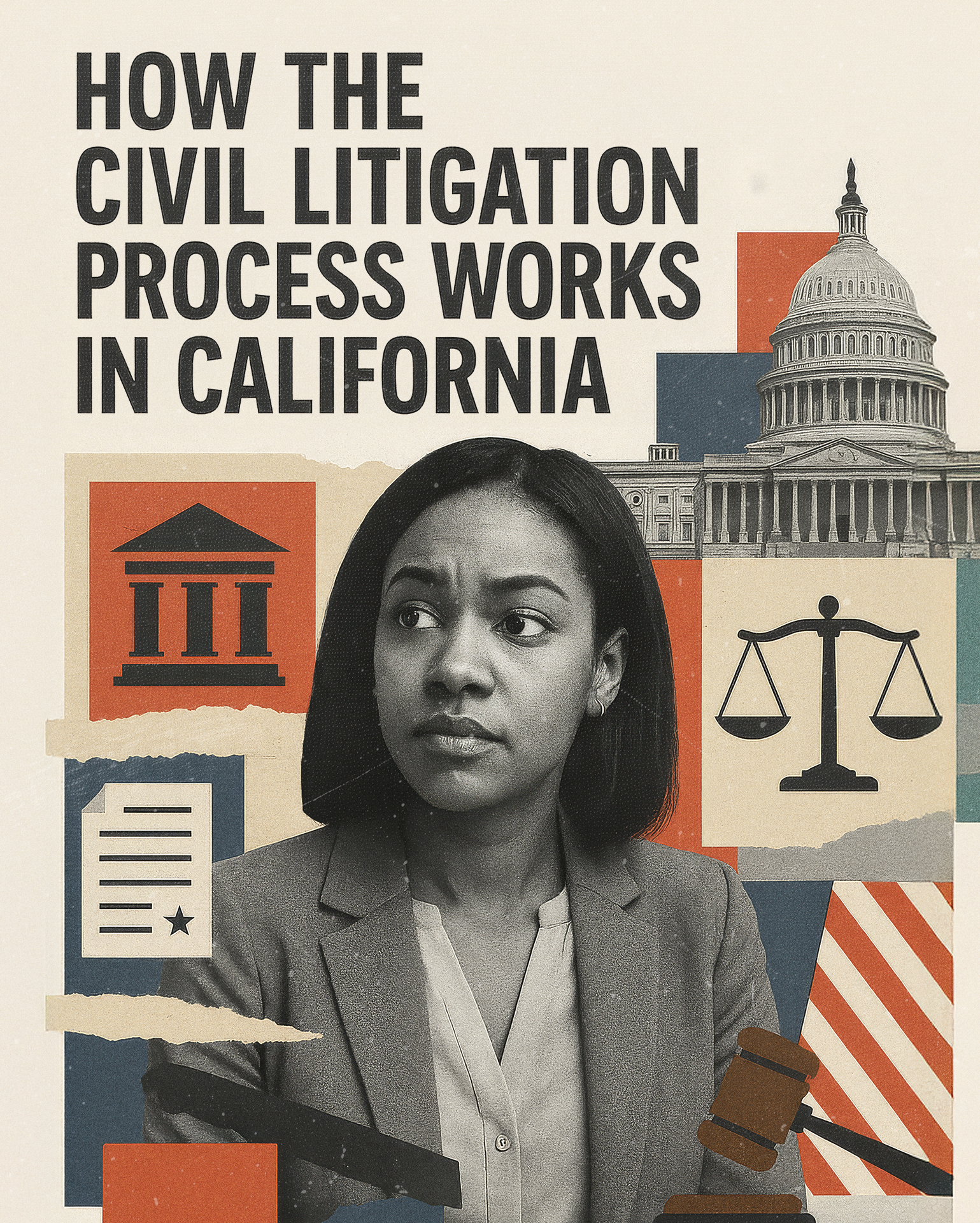4 Vital Things To Know About California Retaliation & Discrimination Laws


Retaliation and discrimination laws are in effect because they have a need, even in this modern world. The relationship between employer and employee is often complex and the opportunities for discrimination and retaliation are plentiful. These four facts help to define the retaliation and discrimination laws for California employers and employees
1. Employers cannot retaliate or discriminate against employees who follow the law while away from the employer’s location and while not on duty.
An example of why this is important is found when an employer discovers an employee goes to a political rally that is opposite of what the employer stands for and punished or fires the employee for going to the rally.
2. Employers Cannot Punish, Threaten, and Terminate Employees for Filing Labor Related Claims including those for Harassment.
An employer can no longer legally threaten an employee who is a witness to on-the-job harassment, including sexual harassment, physical harassment, or physiological harassment. An employer may not punish, fire, or induce any form of retaliation against an employee who files a claim with the Department of Labor.
3. Employers are required to allow employees to take time off to fulfill the legal obligations required for jury duty.
An employer cannot make an employee miss jury duty so long as the employee has given the employer a timely request and let the employer know that they have been summoned for jury duty. The California labor code allows for time off from work, unpaid, to serve on a jury, and to go through the process of jury selection.
4. Employees who are victims of Crimes are protected from retaliation and discrimination by employers.
When an employee is the victim of a crime, they have protection from discrimination and retaliation to pursue their legal rights. This applies whether that crime occurred at work or away from work. It’s also applicable even if the crime is not related to their employment.
That means that the employee cannot be fired or demoted, threatened, or harassed when they choose to go to court, file police reports, or any other aspect of reporting a crime and managing their legal case.
Contact DLaw Today With Your Retaliation or Discrimination Concerns
There is a long list of retaliation and discrimination behavior that occurs every day by employers toward employees. If you are concerned about your legal rights as an employee in California and you fear your employer is discriminating against your or retaliating against you in any form, reach out to our employment lawyers by calling (818) 275-5799. We will listen to your case and evaluate it based on the letter of the law.

Ready to get started?
Contact us now for a free consultation to find out how we can help you.






















